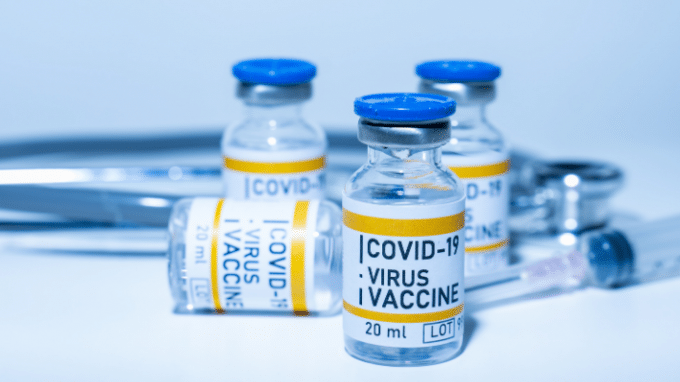Perhaps no issue is as prominent in the mind of the American public, and the world, as that of the COVID-19 vaccine. This vaccine promises not only a way to protect ourselves and those around us but a chance to return to the normal life we enjoyed before this pandemic. However, significant public health questions remain about the COVID-19 pandemic, including what impact it may have on fertility.
Thankfully, there is good news: initials studies have shown that none of the currently available vaccines are believed to have any impact on fertility for either men or women. Even better: this applies to all three vaccines.
A Brief Vaccine Overview
At the moment, there are two vaccines on the market that are being deployed: Pfizer and Moderna. In order to understand why these vaccines have no impact on fertility, it is important to understand how they work.
Both vaccines operate in slightly different ways. Pfizer’s vaccine is an mRNA molecule. mRNA stands for a messenger molecule. This molecule is injected into humans. It joins with cells inside of our body and passes along instructions on how to build “spike proteins.” These proteins are then used by the body to create more proteins and other cells that protect humans from a COVID-19 pandemic. Moderna’s vaccine works in a similar manner. It is important to realize that this keeps the impact of the vaccine relatively isolated to the specific genetic sequence of COVID-19. This means that other functions of your body are likely to remain unaffected by the vaccine.
Studies on COVID-19 Vaccine and Fertility

This additional study has yielded quite a bit of useful information about the vaccine. For example, we know that it contains no live virus and is eliminated before it can travel far from the injection site. Furthermore, recent studies have indicated that antibodies appear to be capable of traveling through the placenta, thus giving babies immunity to COVID. This can be a wonderful thing for vaccinations.
All of these findings indicate that a COVID-vaccine poses no threat to fertility, unlike contracting the virus itself, which has been found to potentially reduce fertility in men. This comes according to a study conducted in Germany, which found that not only may COVID-19 make men less fertile, but that the severity of the problem may be directly related to the severity of the disease.
Thus, weight the concerns of the vaccine and the known severity of risks associated with contracting the COVID-19 virus medical experts urge all individuals to receive the vaccination when available. The current vaccines on the market not only reduce the chance of contracting COVID-19 but make the severity of the virus less acute.
Despite the truth of the matter, many peddlers of false news have wrongly tied ingredients in the vaccine to fake stories of infertility, arguing that a COVID-19 vaccine could cause a woman’s immune system to reject a growing placenta. This is categorically false, and all evidence thus far indicates that the vaccine is safe not only for couples seeking to become pregnant but for pregnant women as well.
C0nclusion
The American College of Obstetricians and Gynecologists has approved women to get vaccinated, even if they are pregnant, as the risks of contracting COVID-19 while pregnant could result in severe risks and potential complications.
Further research will unquestionably become available, but for right now, it seems clear: Fertility is not impacted by the COVID vaccine.




